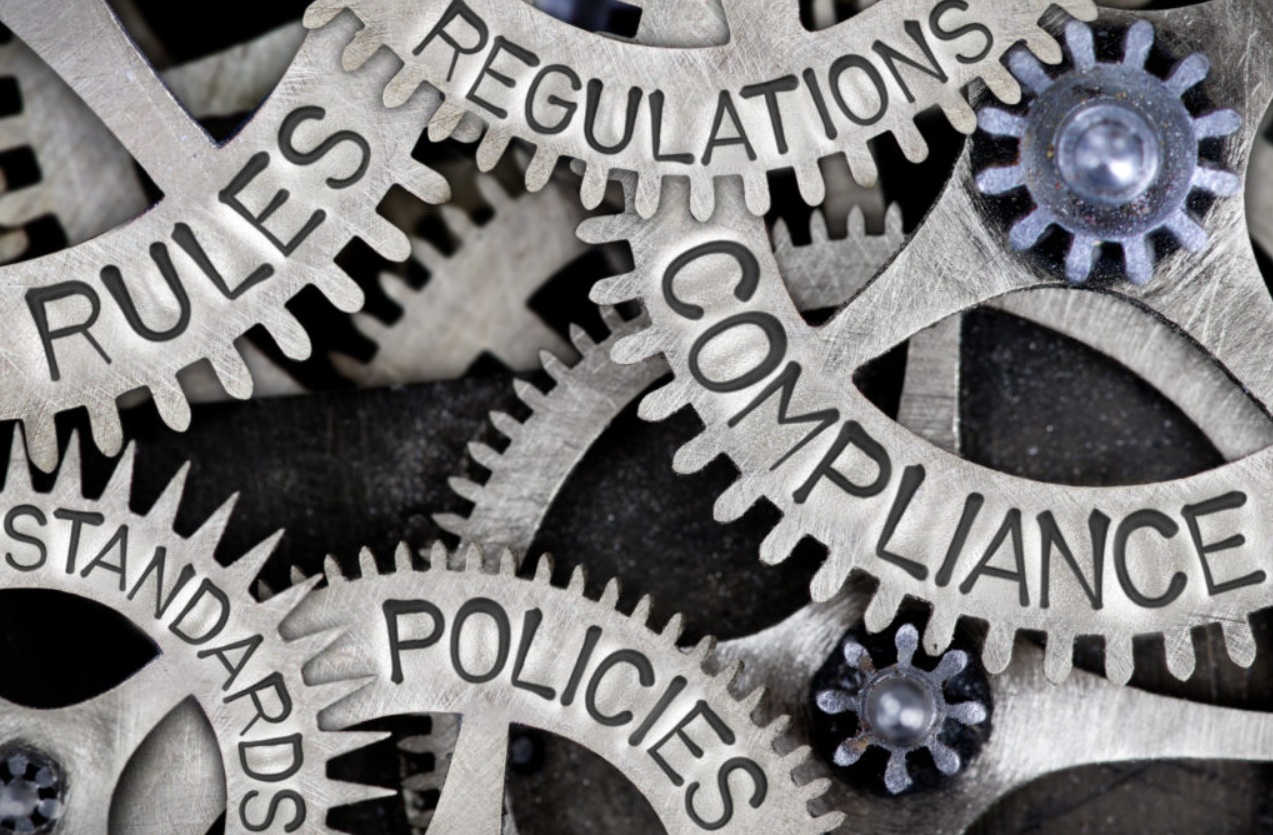In the Philippines, Employer of Record (EOR) services have emerged as a pivotal mechanism for companies seeking to expand their workforce while adhering to stringent labor laws and promoting ethical employment practices, particularly amid growing emphasis on sustainability in global business operations. By acting as the legal employer for workers, EOR providers handle payroll, benefits, taxes, and compliance, allowing businesses—especially foreign entities—to focus on core activities without navigating the complex regulatory landscape alone. This model not only ensures fair work conditions, such as equitable wages and safe environments, as mandated by the Labor Code, but also aligns with international standards set by the International Labour Organization, promoting responsible outsourcing and remote hiring in a market projected to grow significantly by 2030.
Defining EOR Services in the Philippine Context
Employer of Record (EOR) solutions in the Philippines represent a strategic outsourcing approach where a third-party entity assumes full legal responsibility for employees on behalf of a client company, managing everything from contracts to terminations. This framework is particularly relevant in a nation with a robust business process outsourcing sector, where EOR Philippines providers facilitate seamless integration of local talent into global teams, ensuring adherence to Republic Act 11058 on occupational safety and other mandates. As businesses increasingly prioritize sustainable models, EORs promote fair work by enforcing anti-discrimination policies and supporting work-life balance initiatives.
- Role in workforce management: EOR companies in the Philippines oversee employee onboarding, including background checks and contract drafting that complies with the Department of Labor and Employment guidelines, thereby reducing administrative burdens for clients.
- Alignment with sustainability: These services promote ethical practices, such as offering mandatory 13th-month pay and social security contributions, which enhance employee retention and corporate social responsibility.
- Differentiation from PEO: Unlike Professional Employer Organizations that co-employ, EORs fully employ staff, offering greater liability protection for foreign companies hiring in the Philippines.
- Market growth factors: Driven by digital transformation, EOR provider options in the Philippines have expanded, with firms leveraging technology for efficient payroll outsourcing and HR functions.
- Legal foundations: Rooted in the Civil Code and Labor Code, EORs ensure compliance with minimum wage laws varying by region, from PHP 570 in the National Capital Region to lower rates elsewhere.
This setup allows enterprises to scale without establishing local entities, but requires careful selection of partners to avoid pitfalls in employment compliance. With the Philippine economy rebounding post-pandemic, EORs are instrumental in attracting talent amid a 6.5% unemployment rate in mid-2025, per Philippine Statistics Authority data. However, the intricacies of local customs and evolving regulations demand expertise to maintain operational efficiency.
Benefits of Adopting EOR for Sustainable Hiring
Utilizing EOR services in the Philippines offers multifaceted advantages for businesses seeking to build resilient, ethical workforces, particularly in sectors such as technology and customer service, where remote hiring is prevalent. By outsourcing employment responsibilities, companies mitigate risks associated with non-compliance, such as fines from the Bureau of Internal Revenue or labor disputes, while promoting fair work practices that enhance employee satisfaction and productivity. This model supports the Sustainable Development Goals by ensuring equitable treatment and reducing exploitation in outsourced employment.
- Cost efficiency gains: EOR Philippines solutions minimize overheads by handling payroll outsourcing in the Philippines, including value-added tax remittances and PhilHealth contributions, resulting in savings of up to 30% on administrative costs.
- Enhanced compliance assurance: Providers manage intricate employment laws, including maternity leave under Republic Act 11210, as well as anti-harassment policies, thereby safeguarding against legal challenges in a litigious environment.
- Access to diverse talent pools: Facilitates talent acquisition in the Philippines by streamlining visa processes for expatriates and contractor management, enabling the quick deployment of skilled workers in remote settings.
- Flexibility in scaling allows for rapid workforce adjustments without long-term commitments, making it ideal for seasonal demands in industries such as e-commerce, while maintaining fair work standards.
- Risk mitigation strategies: EORs absorb liabilities for wrongful terminations or wage disputes, providing peace of mind for foreign companies navigating the cultural nuances of staff leasing in the Philippines.
These benefits also extend to fostering corporate reputations, as ethical hiring is correlated with higher investor interest in ESG-focused firms. In 2025, with the Philippines’ GDP growth at 6.2%, EOR adoption has surged, per industry reports, aiding in workforce solutions that prioritize employee well-being over mere cost-cutting.
Requirements for Implementing EOR Arrangements
Establishing an EOR partnership in the Philippines involves a complex set of prerequisites that can overwhelm even seasoned HR professionals, encompassing legal, financial, and operational requirements designed to ensure employment compliance. From verifying corporate registrations to ensuring data privacy under Republic Act 10173, the requirements demand meticulous attention to detail, often necessitating consultations with labor lawyers and auditors to avoid inadvertent violations that could result in substantial penalties.
- Corporate documentation assembly: Compile Articles of Incorporation, SEC registration, and BIR certificates for both client and EOR, including affidavits of undertaking for anti-corruption compliance.
- Employee data compilation: Gather personal details, such as TIN, SSS numbers, and medical histories, for each worker, cross-referenced with Pag-IBIG and PhilHealth databases to prevent discrepancies.
- Contractual framework development: Draft service agreements outlining scopes, fees, and indemnity clauses, aligned with DOLE’s Department Order 174-17 on contracting arrangements.
- Financial readiness checks: Prepare budgets for statutory deductions, including income tax withholding at progressive rates up to 35%, and contingency funds for audits.
- Compliance certifications acquisition: Obtain clearances from local government units for business permits, as well as ISO certifications, if targeting international clients for quality assurance.
Navigating these requirements solo is arduous, involving endless paperwork and potential delays from bureaucratic hurdles, underscoring the value of expert guidance to streamline what feels like an insurmountable task.
The Process of Deploying EOR Solutions
Implementing EOR services in the Philippines entails a protracted, multi-step procedure laden with administrative intricacies that can daunt individuals attempting it independently, from initial assessments to ongoing monitoring. This exhaustive process, governed by overlapping regulations from DOLE and BIR, requires precise coordination to ensure seamless transitions, often spanning months and involving repeated submissions that test patience and resources.
- Initial consultation and needs analysis: Engage in detailed discussions to evaluate workforce needs, compliance gaps, and cultural fits, producing a customized roadmap that incorporates risk assessments.
- Partner selection and due diligence: Vet multiple EOR providers in the Philippines through RFPs, reviewing financial stability, track records, and client testimonials, a time-consuming endeavor prone to oversights.
- Agreement negotiation and signing: Hammer out terms for fees, SLAs, and exit clauses, with legal reviews to ensure alignment with Philippine laws, potentially iterating through several drafts.
- Employee transition and onboarding: Transfer staff records, conduct orientations on new policies, and integrate payroll systems to ensure uninterrupted benefits amid potential resistance.
- Ongoing management and audits: Establish protocols for performance reviews, tax filings, and annual DOLE reports, with regular updates to accommodate legislative changes, such as wage adjustments.
This convoluted sequence highlights why many opt for professional assistance, as mishandling any step could trigger compliance issues or operational disruptions in remote hiring in the Philippines.
Challenges in Achieving Compliance Without EOR Support
Pursuing hiring without EOR backing in the Philippines exposes businesses to formidable obstacles, where the regulatory maze—encompassing labor inspections, tax audits, and dispute resolutions—demands specialized knowledge that few possess internally. The process is exceedingly complicated, fraught with potential for errors in interpreting nuanced laws like the Telecommuting Act, which is why it is imperative to seek Out Task’s help as a trusted provider to navigate these complexities effectively and ensure sustainable, fair work practices.
- Regulatory interpretation difficulties: Deciphering evolving DOLE advisories on overtime computations or holiday pay, with non-compliance fines reaching PHP 100,000 per instance.
- Administrative overload management: Handling voluminous paperwork for employee onboarding in the Philippines, including notarized contracts and monthly remittances, straining limited HR teams.
- Cultural and legal adaptation hurdles: Addressing regional variations in minimum wages and indigenous rights under the IPRA, which complicates uniform policies for diverse workforces.
- Dispute resolution complexities: Mediating labor complaints through NLRC proceedings, which can drag on for years, diverting focus from core business.
- Scalability constraints without expertise: Expanding via outsourcing employment in the Philippines risks misclassification of contractors, leading to back payments and reputational damage.
These challenges intensify in a dynamic economy, where 2025 amendments to the Labor Code introduce stricter protections for gig workers, making independent management increasingly untenable.
Future Prospects for Sustainable Workforce Models
The trajectory of EOR Philippines and related services points toward greater integration with technology and policy reforms, enhancing fair work and compliance in an era of hybrid models. As the government pushes for green jobs under the Philippine Development Plan, EORs will likely evolve to incorporate ESG metrics, supporting workforce solutions that prioritize environmental stewardship alongside labor rights.
- Technological advancements integration: Adoption of AI-driven HR platforms for real-time compliance tracking, reducing errors in payroll outsourcing in the Philippines.
- Policy evolution anticipation: Alignment with potential ILO convention ratifications, emphasizing decent work in remote hiring scenarios.
- Global collaboration expansions: Partnerships with ASEAN counterparts for cross-border talent acquisition, facilitating the hiring of foreign companies in the Philippines.
- Sustainability focus enhancements: Incorporation of training programs on ethical practices, boosting employee retention rates above 85%.
- Market expansion predictions: Growth to a USD 5 billion industry by 2030, driven by demand for PEO Philippines alternatives in tech sectors.
This forward-looking approach promises resilient hiring frameworks, but requires proactive adaptation to maintain competitive edges in legal employment in the Philippines.
Key Takeaways
The adoption of EOR models in the Philippines marks a shift toward sustainable, compliant hiring practices that benefit both employers and workers, as evidenced by the structured requirements, processes, and emerging trends discussed. By leveraging these services, businesses can foster ethical environments that drive long-term success in a competitive global landscape.
Is Assistance Available?
Yes, Out Task can help with expert guidance tailored to your needs. Our services simplify the complicated procedures, ensuring your business meets all requirements efficiently. Reach out today to schedule an initial consultation with one of our experts.
- Contact Us Here
- Fill Out the Form Below
- Send an email to: info@outtask.ph



